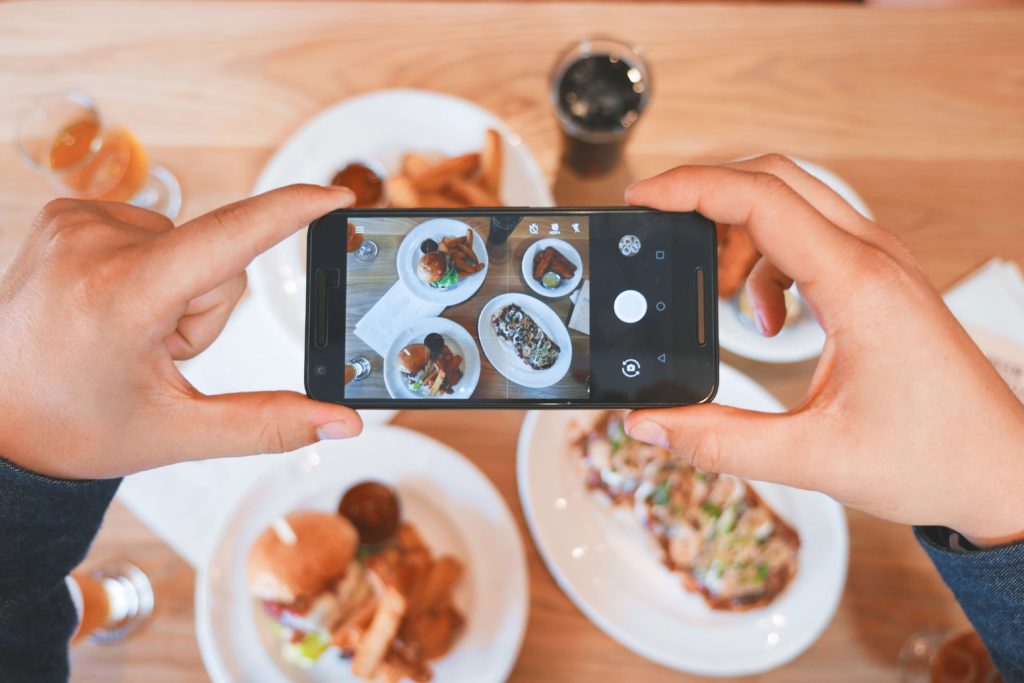There’s no denying that influencer marketing is a powerful tool. A recent report by Nielsen found that an incredible 92% of customers trust earned media, such as recommendations or word-of-mouth, more than any other type of traditional advertising.
While influencer marketing isn’t a new phenomenon, it is one that has been grabbing headlines over the last week. Netflix’s recent documentary depicting the ill-fated Fyre Festival highlighted the power of influence, with some of the world’s top models being paid to promote a luxury festival experience that turned out to be anything but.
This misleading of audiences has brought authenticity and transparency to the attention of the world and new guidelines recently introduced by the Advertising Standards Agency (ASA) and Competitions and Marketing Authority (CMA) mean that influencers now have a legal obligation to clearly and accurately identify such commercial relationships.
If you’re thinking about incorporating influencer marketing in your 2019 comms campaign, here’s what you need to know…
What exactly is influencer marketing?
Influencer marketing is essentially a collaboration between a person of influence and a brand with a product or service to sell. An influencer has been defined as an online profile with over 5000 engaged followers, whose followers admire their values and trust them to create great content. Influencers use this platform to bring brands or products to the attention of their followers.
An effective influencer marketing strategy should have authenticity at its core and appeal to the target audience of the brand in a way that helps achieve their marketing and communications objectives.
Why should you use influencer marketing?
Consumer to consumer communications have changed the rules of the traditional buying cycle. Research suggests that it takes 10.7 interactions with a brand before customers even considering making a purchase. Combine that with the decreasing trust for brands and the decline of organic reach and things become more challenging.
A study of marketers found that 93% believe influencer marketing is effective in raising awareness and three quarters believe influencer marketing generated sales leads.
Macro-influencers, so-called ‘celebrities’ with millions of followers across multiple social media platforms, will likely have a much larger following than your own social media accounts and have been known to sell-out products after endorsement.
Micro influencers are considered the next level of influencer and have a following anywhere in the region of 10k – 250k followers. These influencers are often full-time content creators within a specific market (e.g. fashion, beauty, travel) and not only help you extend your reach but help you create some great visual content.
How do I know which influencers would work for my brand?
The type of influencer you choose to engage with very much depends on what you want to gain from the collaboration. Is it an increase in brand awareness? More clicks to your website? Boosting your sales?
Bloggers, content creators and celebrities are the most obvious type of influencer and we know that their large and dedicated following can be a great tool to help you achieve your marketing ambitions. Influencers have to protect their own authenticity so will only work with brands that they are passionate about. Collaborations with these types of influencers usually involve a gifted product or paid-for promotion.
However, they’re not the only type of influencers. An influencer is considered an expert in their own field and can come in the form of industry experts, academics or fellow professionals. These ‘nano-influencers’ (1000-2000 followers) are on the rise. They usually have a very dedicated following on one particular platform and are very well respected in their industry.
Lastly, don’t underestimate the power of influencer from your existing customers or clients, or known ambassadors and advocates. Peer-to-peer recommendations in the form of testimonials and reviews still remain a very influential selling tool.
What makes a good influencer marketing campaign?
Your influencer marketing campaign must be carefully considered. Start by getting to know your customer. Who and what influences them? Developing personas is key to success here. Once you know your audience and where you can find them, do your research and put together a strategy, including timeframes and budgets. Integrate it with your PR & digital plan, taking into account key dates or known milestones. Now you can start engaging with your identified influencers and start to build up a relationship.
Lastly, be patient and remember that people like talking to people, not companies.
Want some help to implement an amazing influencer campaign? Contact us or if you’re pressed for time, book in a time that’s convenient for us to call you back


